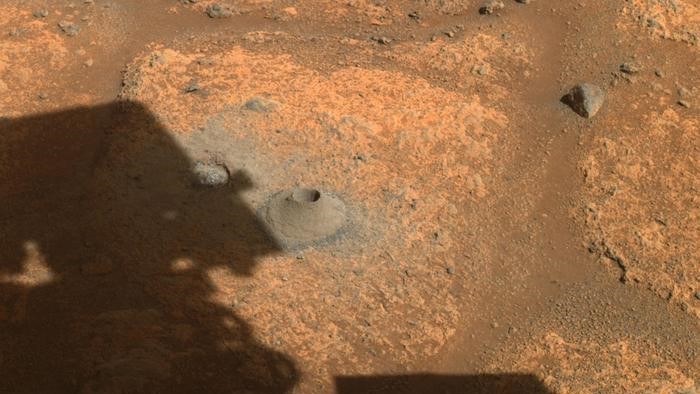Scientists Discover Groundbreaking AI Test That Can Detect Life on Other Planets
Scientists in the US have developed an artificial intelligence (AI) algorithm that may hold the key to answering the age-old question of whether there is life on other planets. The AI method, developed at the Earth and Planets Laboratory at the US Carnegie Institution for Science, can distinguish between present and ancient biological samples with 90% accuracy, even when compared to inorganic samples. These findings have the potential to revolutionize the search for extraterrestrial life and deepen our understanding of the origins of life on Earth.
The AI method has the potential to be used on robotic spacecraft, landers, and rovers to search for signs of life. It can also be utilized to analyze ancient rocks on Earth, helping to determine if they contain evidence of prehistoric life. One specific application is the ability to resolve the debate around 3.5-billion-year-old black sediments from Western Australia, with some scientists claiming they are Earth’s oldest fossil microbes, while others believe they are inorganic.
The AI algorithm uses pyrolysis gas chromatography and mass spectroscopy to detect subtle differences within a sample’s molecular patterns, rather than focusing on a single molecule or group of compounds. In testing, the AI was able to accurately identify the origin of samples 90% of the time, including living things like shells, teeth, bones, leaves, rice, human hair, and cells in rock. It can also detect traces of ancient life altered through geological processes, such as coal, oil, amber, and carbon-rich fossils.
This groundbreaking AI method could even be used to detect life on other planets with different organic chemistries than Earth. If signs of life are found elsewhere, the AI will be able to determine if it shares a common origin with life on Earth or if it developed separately. The researchers are particularly excited about the AI’s ability to distinguish between abiotic, living biotic, and fossil biotic samples.
In conclusion, this groundbreaking AI algorithm has the potential to change the way we search for life beyond Earth. With a 90% accuracy rate, it can detect signs of life in both present and ancient samples, and could even find life on other planets with different biochemistries. This discovery raises the question: are we on the verge of discovering extraterrestrial life? What do you think? Leave a comment below and let us know your thoughts on this exciting breakthrough!
IntelliPrompt curated this article: Read the full story at the original source by clicking here a fun game: sprunki horror

